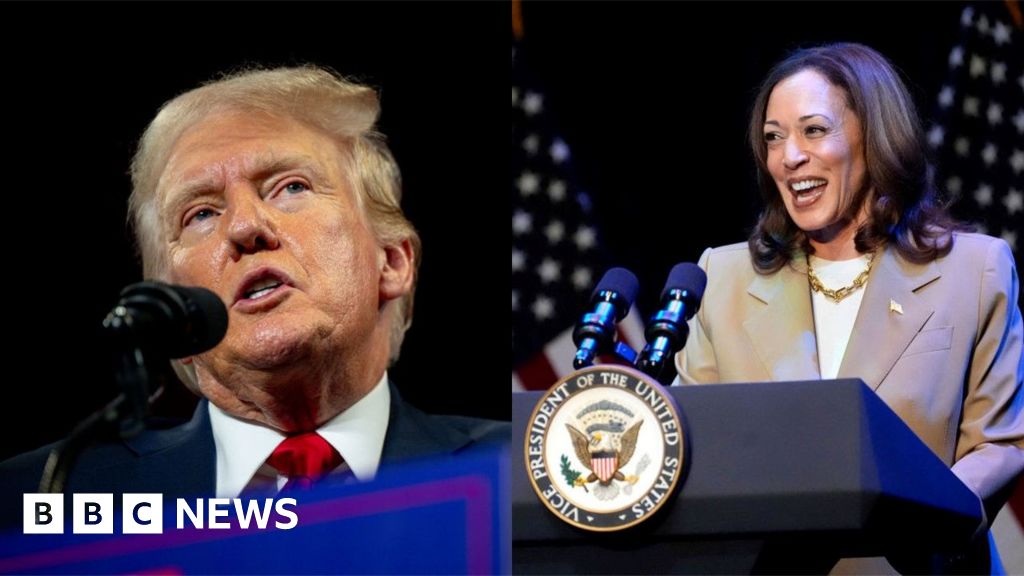What do you find radical about the decision? What portion stuck you as ridiculous? And what do you presume are the potential ramifications of the parts of the decision you find ridiculous?
According to the decision, for example, "immunity extends to official discussions between the President and his Attorney General."
Under this standard, Nixon/staff conversations about covering up Watergate could have (and probably would have) been claimed as "official acts" by the Nixon White House. He didn't have that, so he used the "national security" line of defense to delay release of the Smoking Gun and other tapes in order to hamper the evidentiary gathering process by prosecutors, claiming discussions with Haldeman et. al. were "confidential".
But then we have the following problem. From the USC transcript in USA vs. Nixon --this is Justice Marshall speaking to Nixon's defense counsel James St. Clair during oral arguments.
QUESTION: Well, don't you think it would be
important if a judge and the President were discussing how
they were going to make appointments for money?
MR. ST, CLAIR: I'm sorry, sir, I didn’t understand
your question.
QUESTION: Don't you think it would be important in a
hypothetical case if an about-to-be-appointed judge was
making a deal with the President for money?
MR. ST. CLAIR: Absolutely.
QUESTION: But under yours it couldn’t be. In public
interest you couldn't release [a tape of] that.
MR. ST. CLAIR: I would think that that could not
be released, if it were a confidential communication.
If the President did appoint such an individual, the remedy
is clear, the remedy is he should be impeached.
QUESTION: How are you going to impeach him if
you don't know about it?
MR. ST. CLAIR: Well, if you know about it, then you
can state the case. If you don't, know about it, you don't
have it.
QUESTION: So there you are. You're on the prongs of a dilemma, huh?
MR. ST. CLAIR: No, I don't think so.
QUESTION: If you know the President is doing
something wrong, you can impeach him; but the only way you
can find out is this way; you can't impeach him, so you
don't impeach him. You lose me some place along there.
{Laughter}.
Even Barrett's concurrence brought up this problem.
So the ramifications are that the decision makes it very easy for a rogue President to claim that criminal activity outside the scope of powers granted by the Constitution (since his actions as President are "presumptively constitutional") are "official acts" and as such dramatically impact a prosecutor's ability to pursue evidence to prove otherwise.
Had the Court narrowly and specifically defined "official acts" then that would be different. But if they had, the ramifications of the case almost certainly would have left the barn door open for Smith and ended up being a pro-prosecutorial decision.
It’s bad law period regardless of who the President is.
Never thought I'd see a day when a conservative court was so anti-prosecutorial.



